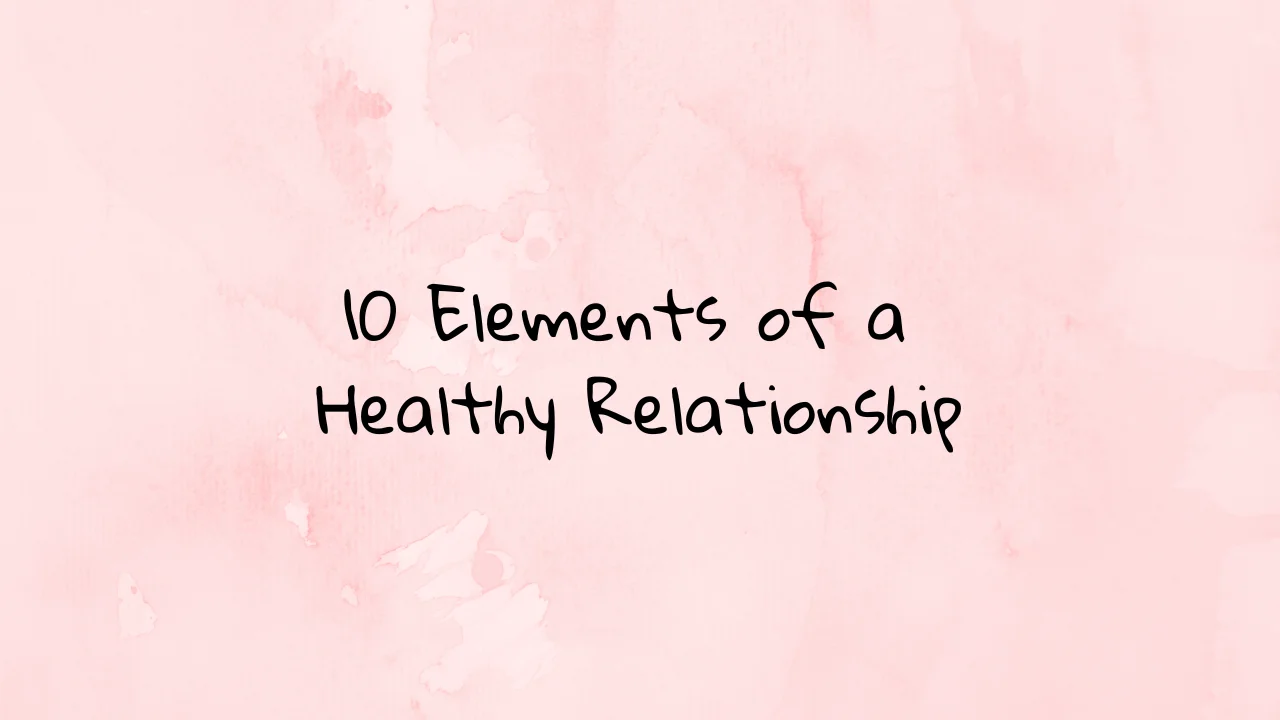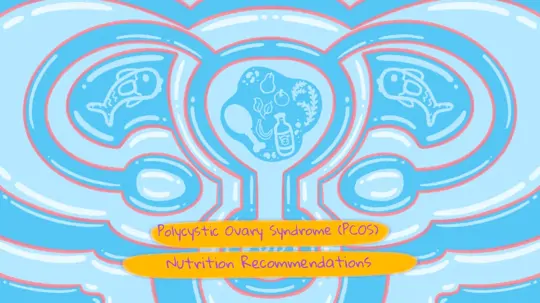
Start feeling better today!
Connect with your therapist today and take control of your life like our 850.000 happy clients.
Get StartedHealthy Relationships
Romantic relationships have a significant impact on people's physical and mental health. As a result, there are many characteristics that people should possess in order to have a healthy relationship. However, first and foremost, a healthy relationship must be defined.
A healthy relationship is one in which people can learn how the relationship will form, progress, and end. At the same time, a healthy relationship boosts people's self-esteem, self-efficacy, and allows them to resolve conflicts. A healthy relationship allows people to experience relationship satisfaction. So, what does a healthy relationship require?
10 Tips for Building a Healthy Relationship
Building and maintaining healthy relationships requires different communication skills and effort. Relationships are built by the parties over time rather than being established all at once. No two people are exactly the same, and as these differences emerge over time. Relationships become stronger when these differences are resolved with the right communication. We've listed the skills and factors that facilitate this healthy relationship:
- Effective Communication
- Empathy
- Solidarity
- Respect
- Opening Up
- Social Support
- Mutual Expectations
- Understanding Each Other's Emotions
- Being Able to Listen
- Not Forgetting Oneself
Effective Communication
One of the most crucial aspects of a relationship is the capacity of the partners to express themselves openly and without coercion. Maintaining the connection requires good and healthy communication. Effective communication requires empathy, respect, and assertiveness.
Empathy
It is critical for effective communication. Empathy is the ability to perceive the world through the eyes of another person and imagine being in their shoes. Empathy involves listening. People who can empathize may perceive the right things in another person's criticism, even if it is unjust. It is the ability to comprehend another person's thoughts and thinking, even if their points of view are different.
Solidarity
At this point, self-confidence takes center stage. The individual must be able to express their emotions and thoughts using "I" language. Conflicts can be resolved much more easily, or they can be avoided, when communication is used in a soothing and emotional manner, such as "I feel like this,"
rather than accusatory "you" language.

Respect
Even if the other person is angry or offended, thoughts should be expressed with gentleness and compassion. The goal in this regard should not be to defeat the person or to win a war.
Opening Up
People should be able to express their feelings, thoughts, beliefs, and expectations in their relationships at all times. To share these, the person needs to trust and believe in the other person. These exchanges are essential for relationships. In relationships where these can be shared, a sense of trust and connection develops.
Social Support
A happy and healthy relationship requires a lot of social support. With the help and support of the other person, the person can overcome negative emotions such as stress, depression, and anxiety, and such bad feelings cannot harm the relationship. Supporting the partner during difficult times is also vital for relationship trust.
Mutual Expectations
The main thing people want from a relationship is to feel like they belong. Relationships are formed with the intention of alleviating loneliness, providing social support, and providing a sense of belonging. As a result, it is crucial to meet these expectations while in a relationship. When both parties have the same expectations, they will work together to meet them.

Understanding Each Other's Emotions
Understanding the feelings of the other person is essential in any relationship. This is a significant virtue in all aspects of a relationship, not just conflicts. Every aspect of the relationship should take the partner's feelings into account. To understand this, ask the partner how they feel in a polite, respectful, and non-forced manner.
Being Able to Listen
It is necessary to listen to the partner without judgment, with the goal of understanding rather than finding faults. Most people listen to the parts that interest them and ignore the rest of the conversation, but listening to the entire speech is necessary to comprehend the other person's feelings. Thinking about your response while your partner is speaking prevents you from listening and can lead to conflict. As a result, one of the golden rules of any relationship is knowing how to listen effectively.
Not Forgetting Oneself
In order to avoid conflict in relationships or to avoid upsetting the other person, people remain silent in most situations, and they disregard their own worth for this purpose. When a person does not value themselves in a relationship, they are confronted with the question, Why always me?
and conflict arises in circumstances that should be met with patience. Over time, this lack of receptivity can lead to resentment of the partner.
Sources
- Ulutaş, E. (2018). An Investigation of the Relationship Between Romantic Relationship Satisfaction with Personality Traits and Self-Esteem in University Students, Unpublished Master's Thesis, Bursa.
- Burns, D.( 2019). Feeling Good Together, Psychonet, Istanbul.





